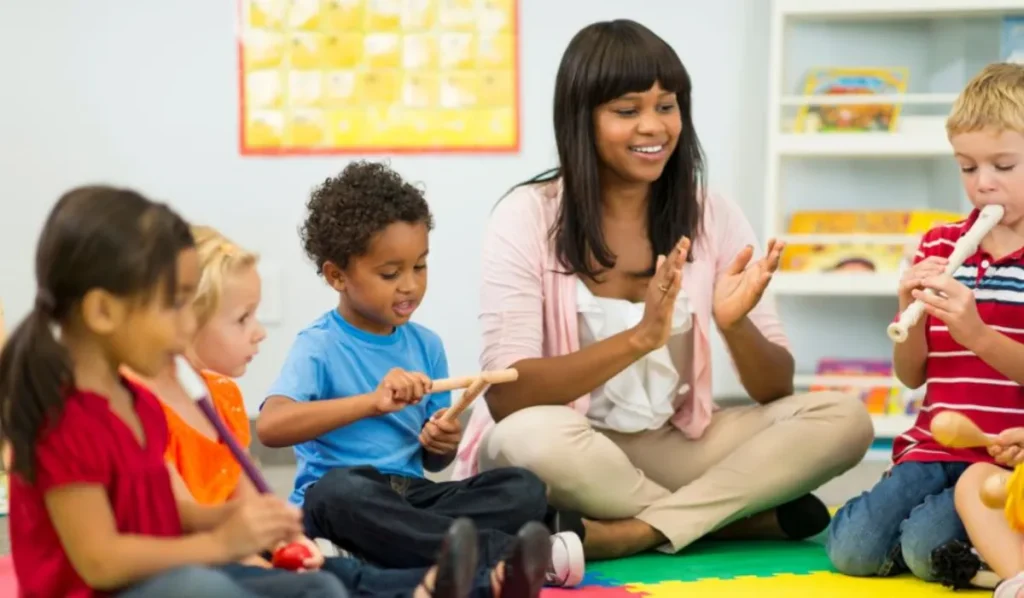The Vital Role of Teachers in Preschool Education

A preschool teacher is much more than an educator—they are mentors, caregivers, and the foundation of a child’s learning journey. In these crucial early years, teachers play a pivotal role in shaping young minds, fostering curiosity, and creating an environment where children feel safe and excited to learn.
1. Creating a Nurturing Environment
Preschool is often a child’s first experience away from home, making a teacher’s role essential in providing comfort and security. A warm and patient teacher helps children adapt, making the transition smoother and reducing separation anxiety.
Key Responsibilities:
- Ensuring a safe, welcoming space where children feel valued
- Encouraging emotional expression and social interaction
- Building strong teacher-student bonds to enhance trust
2. Igniting a Love for Learning
A great preschool teacher doesn’t just teach; they inspire curiosity. By using fun, hands-on activities, they make learning enjoyable and encourage children to ask questions, explore, and discover.
Ways Teachers Make Learning Fun:
- Interactive storytelling to boost imagination
- Play-based activities to teach early math and language skills
- Sensory experiences to develop cognitive abilities
3. Developing Social and Emotional Skills
Preschool is where children learn to interact, share, and work together. Teachers guide them in building friendships, understanding emotions, and developing empathy—key skills for life.
Essential Social Skills Taught in Preschool:
- Sharing and turn-taking in activities
- Conflict resolution through communication
- Understanding and managing emotions
4. Shaping Positive Behaviors & Values
Preschool teachers lay the foundation for good habits by promoting respect, kindness, and discipline in a fun and engaging way. Children absorb values from their surroundings, and teachers act as role models.
How Teachers Instill Positive Behaviors:
- Encouraging politeness through daily interactions
- Teaching responsibility with small classroom tasks
- Rewarding positive actions to reinforce good habits
5. Partnering with Parents for Holistic Growth
A child’s development is most effective when teachers and parents work together. Regular communication helps parents understand their child’s progress and reinforces learning at home.
Collaboration Strategies:
- Parent-teacher meetings to discuss milestones
- Sharing activity ideas for home engagement
- Encouraging parents to be involved in their child’s learning journey
Interesting Read
Final Thoughts
Preschool teachers are the unsung heroes of early education. Their patience, creativity, and dedication shape the future generation, providing children with the skills and confidence they need to succeed. A great teacher doesn’t just teach—they inspire, nurture, and create a love for learning that lasts a lifetime.
